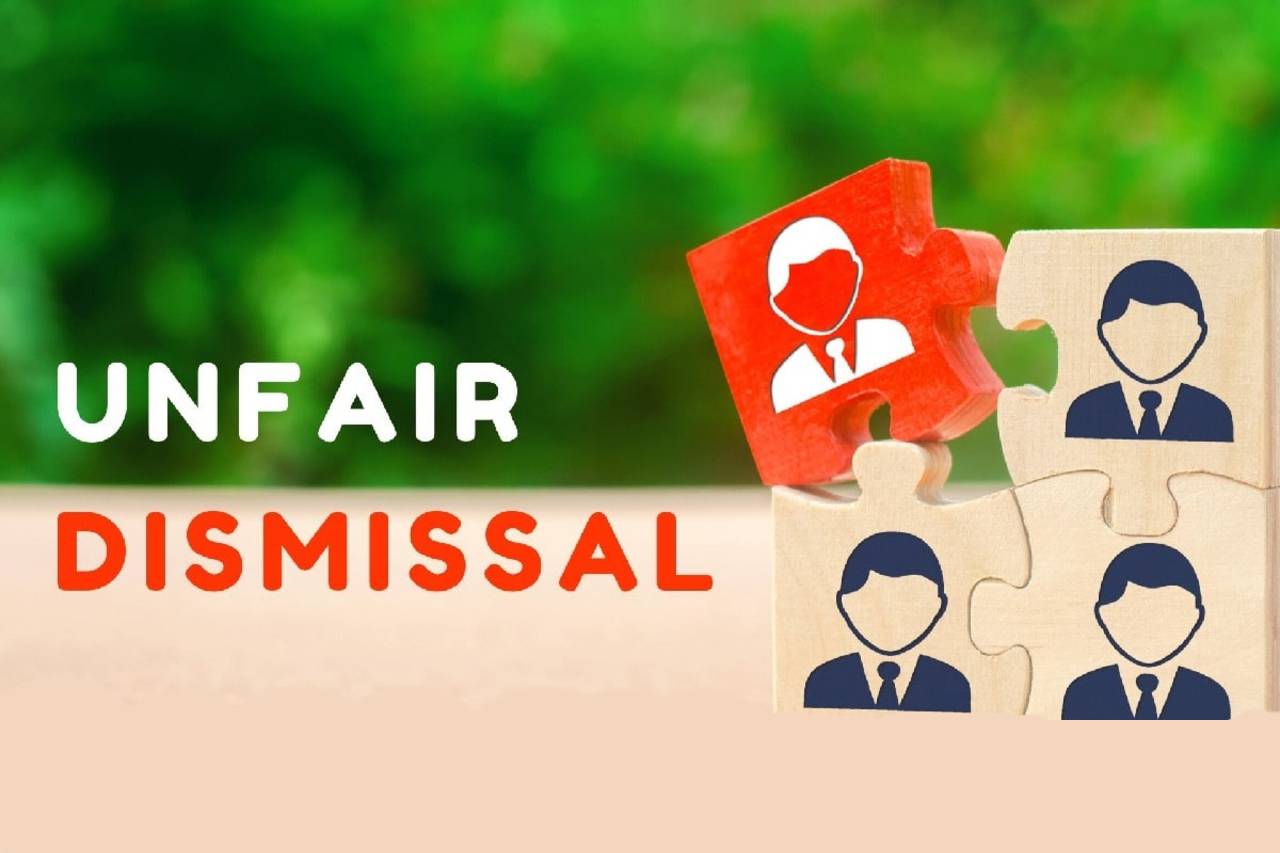Australian employees receive a high level of protection from employment laws. These include protection against unlawful, wrongful and unfair dismissal. And, although you might not realise it, these are quite different.
Before you make a dismissal case against a former employer, you need to determine what sort of case you need to make. This can be difficult without legal advice, so we’d recommend speaking with an employment lawyer if you need more information. As well as this, we’ve provided a quick outline of the main types of illegal dismissal, with the aim of giving you a solid knowledge base to start with.
What Is Unfair Dismissal?
To start with, let’s look at unfair dismissal. To keep things simple, unfair dismissal refers to the termination of employment without good reason or in an unfair or harsh manner. This could include:
- Being fired because something unrelated to your job and workplace, including personal issues.
- Being dismissed unexpectedly without being told why.
- Having your employment terminated due to performance or workplace issues that you haven’t been given the chance to fix.
As you can imagine, the scope of unfair dismissals is wide, and each case is therefore treated on an individual basis by the Australian Fair Work Commission.
What Is Unlawful or Wrongful Dismissal?
One thing a lot of people don’t realise is that unlawful and wrongful dismissal are actually the same thing. In general, unlawful dismissal is quite black and white field, with clear outcomes and penalties. There are a few common situations which fall under the broader unlawful dismissal category, including if you were fired because you:
- Asked questions asked about your pay or entitlements.
- Took sick leave due to illness or injury.
- Are a certain race, religion, or sex, follow a certain religion, have a certain political opinion, or have a physical or mental disability.
- Took some action in accordance with your workplace rights.
In addition, unlawful dismissals can occur if an employer directly breaches a contract when firing you. For example, a dismissal may be defined as unlawful if you aren’t given adequate notice or if you aren’t paid the leave and other benefits you’re entitled to.
What Should I Do if I Want to Make a Case Against a Former Employer?
If you feel you have a case for unfair or unlawful dismissal, you can make a case against your former employer through the Fair Work Commission. In all cases, you will need to begin your claim within 21 days of the termination of your employment. In general, claims can be started online.
In many cases, free legal advice is available to help you determine whether you have a strong case, and, if so, to help you make a claim. In a minority of cases, you will be required to seek third-party legal help from an employment or other lawyer specialising in unlawful terminations.
Although it might seem like a lot of work to make a claim, it’s worth it. You may be eligible for significant monetary or other compensation. Good luck!


